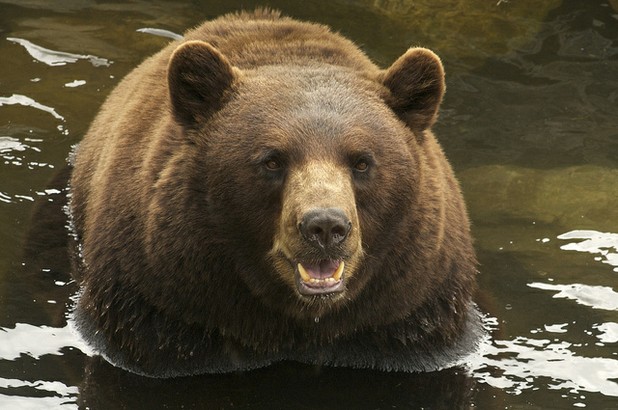Backcountry Marijuana Grow Operation Uses Black Bears to Guard Crops
Why pay for guards with cash when you can hire a much scarier deterrence and pay only dog food for the labor?
Last August, in Christina Lake, B.C., local police stumbled on a 1000 plant marijuana grow operation. To their surprise, they also found some unusual security guards working the plot – 10 black bears that were apparently paid for their labors with a ready supply of dog food.
Police arrested the property owner, Allen Wayne Piche, (he calls himself, ‘The Bear Dude’) on charges of feeding dangerous wildlife, but have yet to lay charges on the ownership of the marijuana plantation.
The bears were relocated to a more remote interior location before winter set in. They are currently in hibernation but expected to wake shortly and officers worry they will return to the more populated Christina Lake area in search of easy food.
Bears will often return to an area that once provided ample food and local police say that the bears had become quite tame and were docile and even playful with the officers on the scene. This familiarity and ease with humans could lead to their downfall, however, for if they return to the area and stay in close proximity to the local population they will be considered a safety threat and face destruction.
B.C.’s Minister of Environment, Terry Lake, commented on the situation, saying, “We are hoping if there is no food they will start foraging naturally -- if they don't, we will have to have a plan of action,' At that point, they'll be destroyed - there's nothing else we can do with them…Now the bears fate rests on what happens after they wake up from their deep sleep.”
Police say they are watching Piche to make sure he doesn’t start feeding the bears again.
Post a comment 0
Copyright Notice
We welcome republishing of our content on condition that you credit Choose Help and the respective authors. This article is licensed under a Creative Commons License.

 John Lee
John Lee
